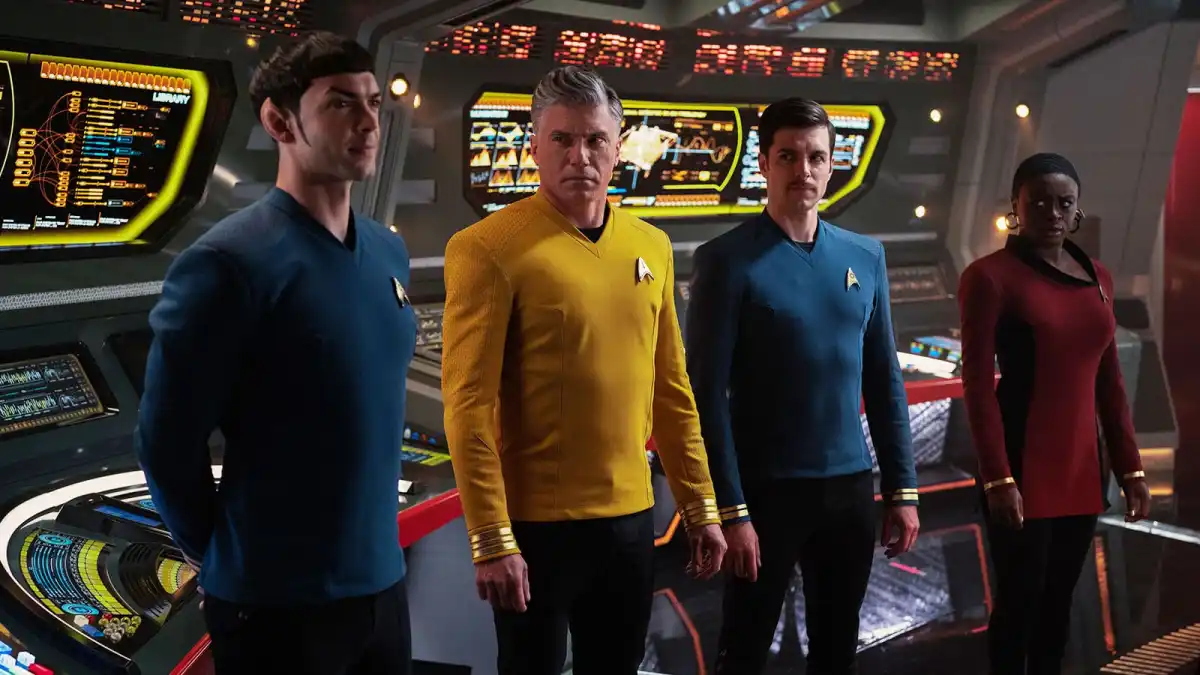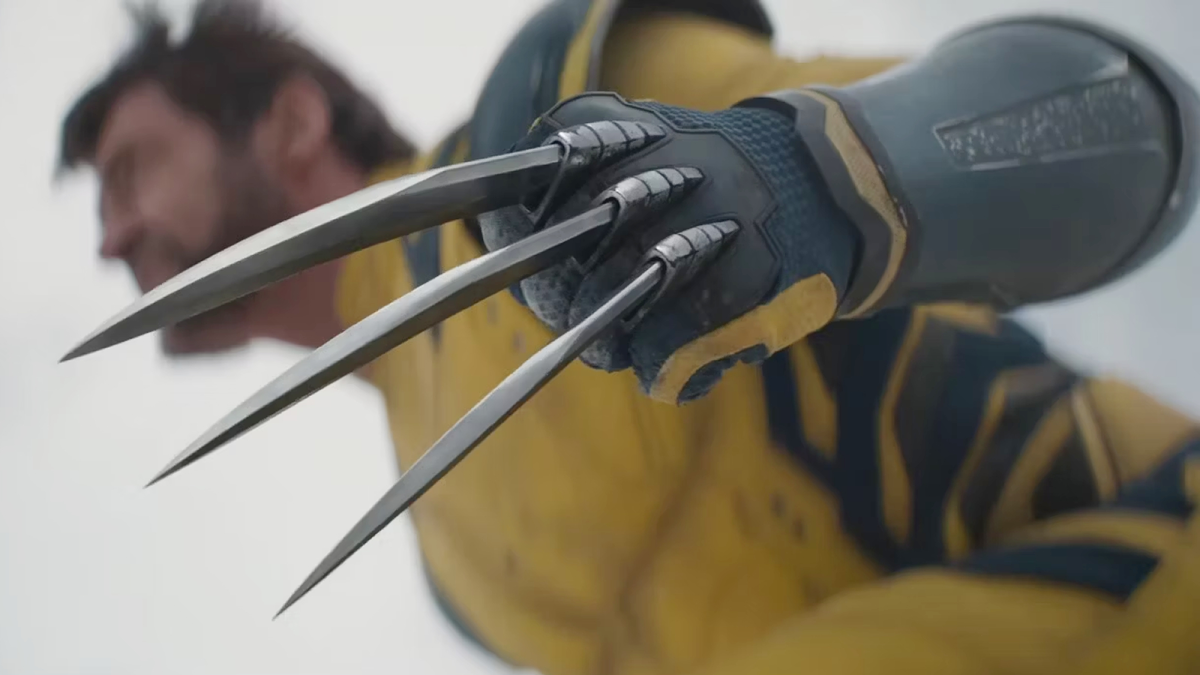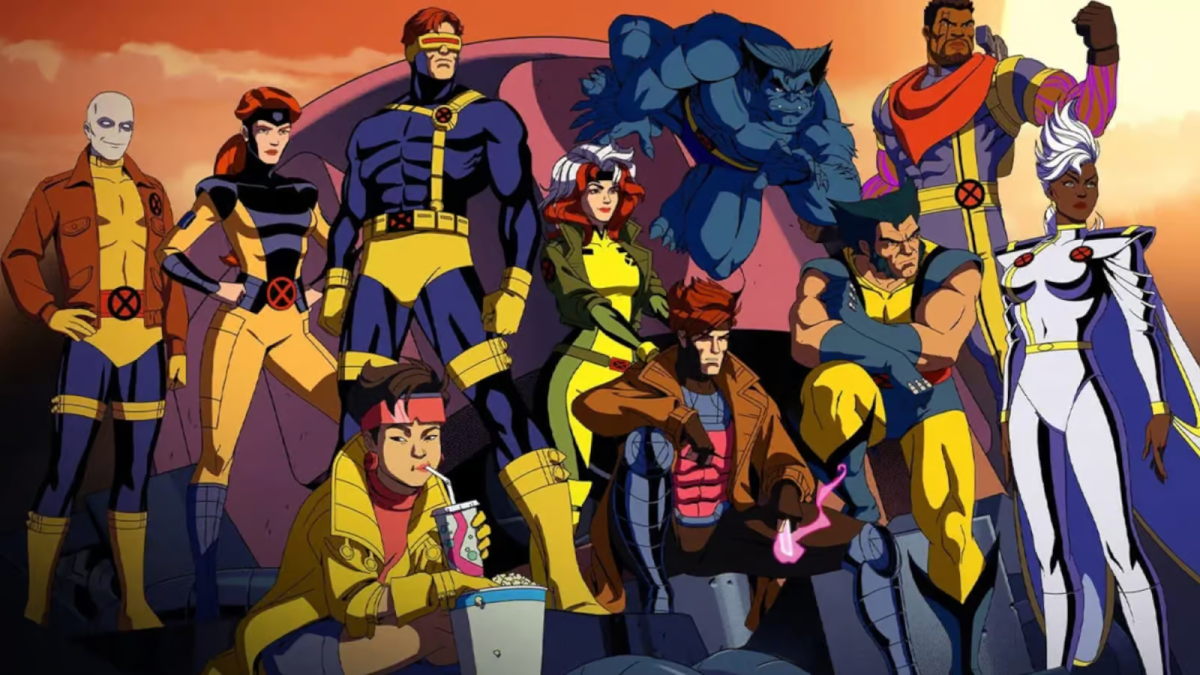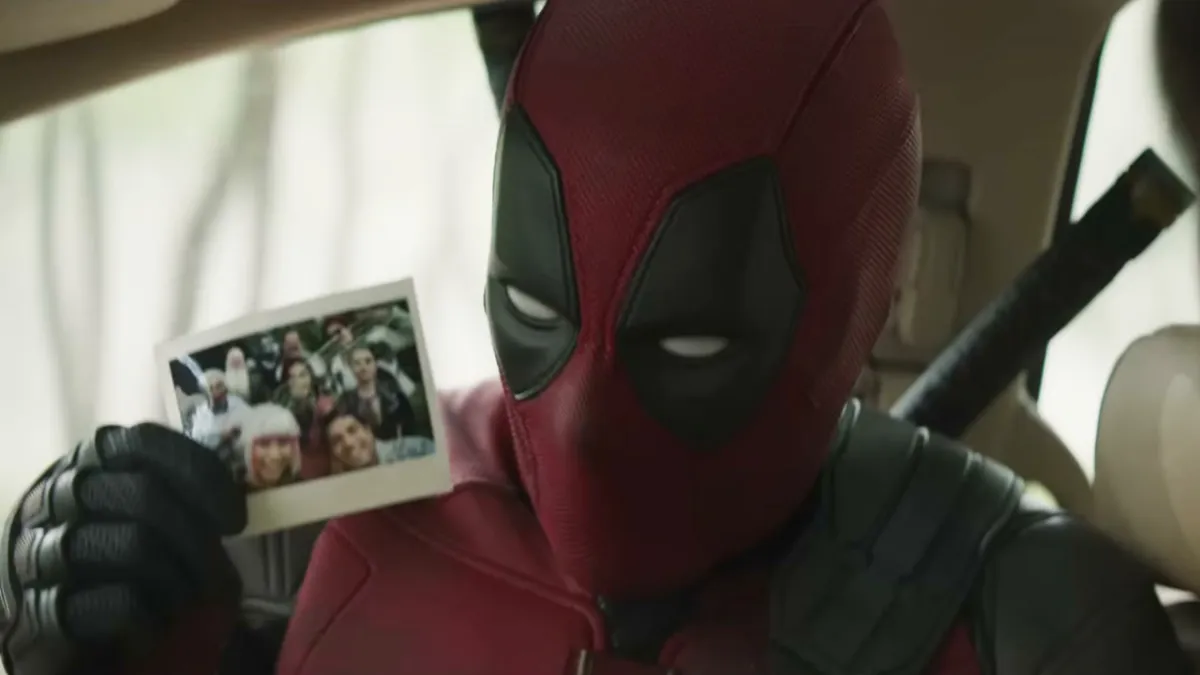This discussion and review contains spoilers for Star Trek: Strange New Worlds episode 10, “A Quality of Mercy,” the season finale.
In some ways, “A Quality of Mercy” feels like a culmination of this modern wave of nostalgic franchise media. It is an episode in which Strange New Worlds rejects the opportunity to argue for its own validity or importance, instead positioning itself as nothing more than a show that exists in the shadow of what came before. “A Quality of Mercy” does this while engaged in a particularly unconvincing piece of Star Trek karaoke. The franchise has come a long way from Deep Space Nine.
One of the more compelling tensions threaded through the first season of Strange New Worlds has been the show’s status as a prequel. In particular, given Pike’s (Anson Mount) foreknowledge of the events that would lead to “The Menagerie,” there has been an interesting simmering subtext about whether the characters on Strange New Worlds are beholden to what came before or whether they will be afforded the opportunity to chart their own course and explore new worlds.
Episodes like “Children of the Comet” argued for faith in the mechanics of the universe, for the belief that everything is fine the way that it is and that things will work out the way that they are supposed to. In contrast, “The Elysian Kingdom” argued that some stories can be rewritten and improved through that process of rewriting. Fittingly, the season finale offers a concluding argument. Unfortunately, “A Quality of Mercy” makes a compelling argument for the show’s irrelevance.
The starting premise of “A Quality of Mercy” is that Pike has figured out a way to prevent the accident that will scar him and leave him confined to a wheelchair in constant agony. More than that, Pike has figured out a way to avoid the disaster in such a way that nobody gets hurt. It seems like the perfect solution to all of this. Theoretically, everybody wins. However, then a future version of Pike materializes to argue that this evasion comes at too high a cost.
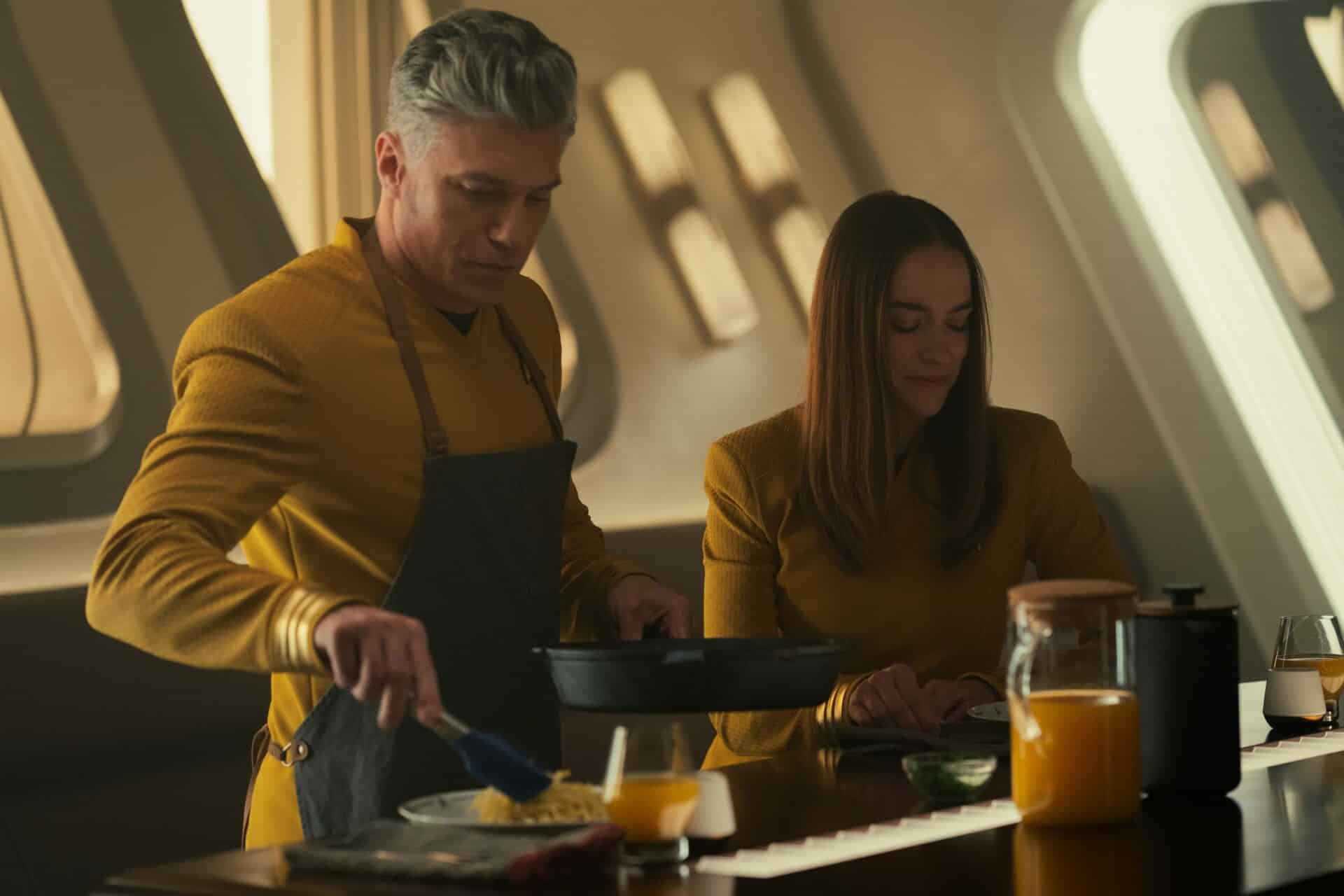
This is a fairly flimsy argument within the world of the show. The basic thrust of “A Quality of Mercy” is that Pike’s sacrifice of himself — and two innocent cadets — prevents a war between the Romulans and the Federation. However, any Star Trek fan knows that the Federation spends the next century waging several major wars costing billions of lives against the Cardassians, the Klingons, and the Dominion. From future-Pike’s perspective, why is it so important to stop this Romulan War?
After all, future-Pike is wearing a Starfleet uniform appropriate to the era from which he came, approximate to Star Trek II: The Wrath of Khan. So this doesn’t seem to be a dystopian species-ending future like those featured in episodes like “Yesterday’s Enterprise” or “Twilight.” Indeed, future-Pike travels back with assistance from the Klingons, implying the Romulan War has brought peace between the Federation and Klingons considerably earlier than it would otherwise happen.
More to the point, assuming that future-Pike is correct and this possible future with its possible war is objectively worse than the alternative, why does Pike have to sacrifice himself? “A Quality of Mercy” suggests that the bad future will happen if Pike commands the Enterprise instead of Kirk (Dan Jeannotte) during the events of “Balance of Terror,” but Pike could simply retire. He could go into hiding. He could fake his own death. Why does the universe rely on Pike’s torment?
The answer, of course, has nothing to do with logic or time travel. There is no scientific or moral justification for the dilemma at the heart of “A Quality of Mercy.” The universe demands Pike’s sacrifice because fans watched “The Menagerie,” and Pike in that wheelchair is one of the franchise’s most iconic visuals. Pike must suffer and die so that the internal continuity and coherence of the Star Trek franchise can be preserved. That is all there is to it. It is bleak.
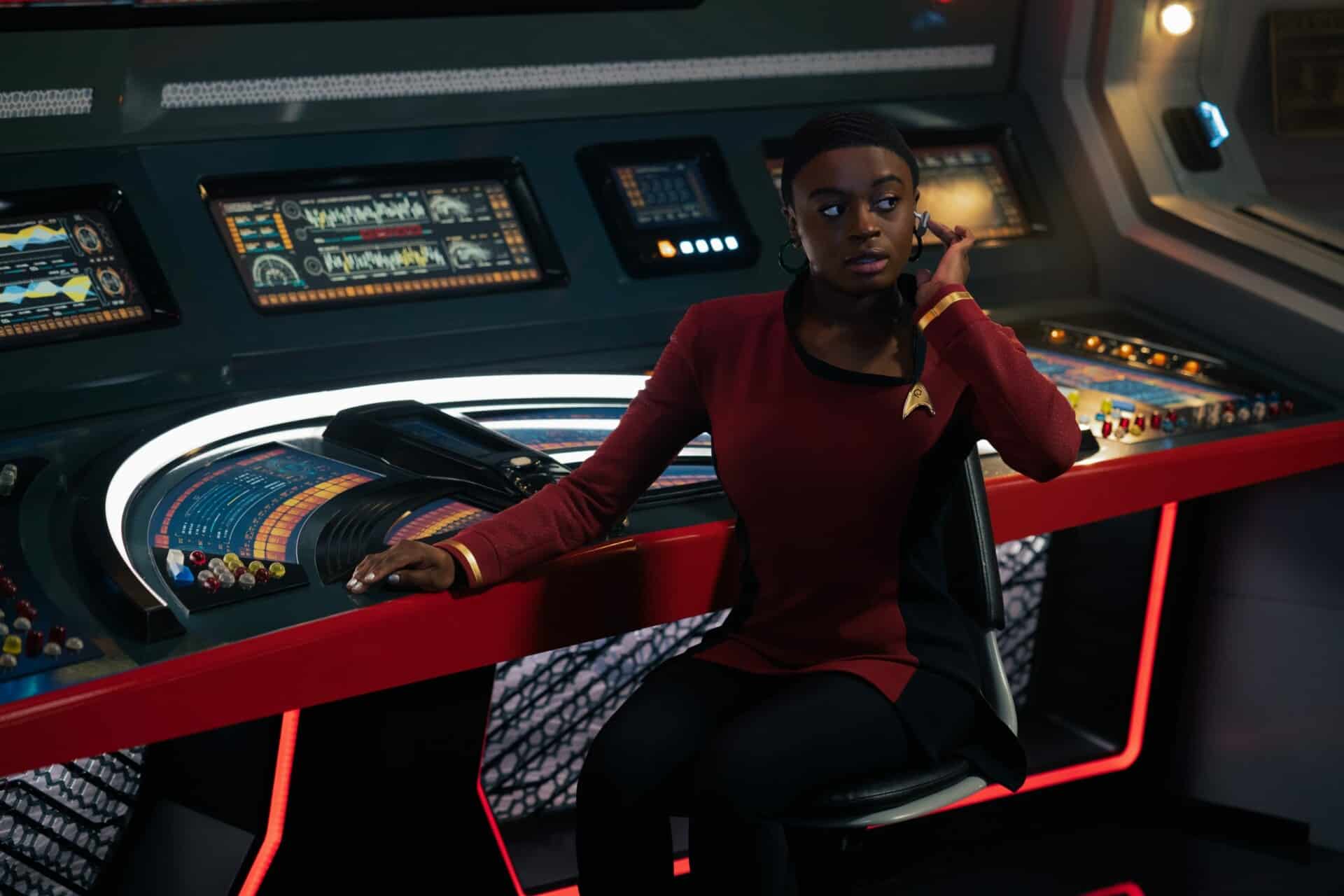
Appropriately enough for an episode so fixated on preserving “the canon,” there is an almost religious component at play here. Back in “Strange New Worlds,” the show seemed to position Pike as a sort of Jesus Christ figure, a clever allusion to original actor Jeffrey Hunter. “A Quality of Mercy” offers something of a demotion. Pike isn’t Jesus Christ; he is John the Baptist. His role is primarily to usher in the Star Trek universe fans know and love. He preserves the text, trapping it in crystal; he doesn’t advance it.
There is something dispiriting in all this, in how weirdly deferential “A Quality of Mercy” is to classic Star Trek at the expense of itself. The show seems to take little pride in its own identity. In the opening scene, Pike boasts about how his cooking “transforms from leftovers into something new,” suggesting that this is what Strange New Worlds is doing. “Kinda like what we’re doing to these outposts,” Captain Batel (Melanie Scrofano) notes, reinforcing the parallel.
When Pike asks Commander Al-Salam (Ali Hassan) what he thinks about the refit, Al-Salam replies, “Sounds like what I’ve been asking for for the last five years.” It feels like the show is reiterating those arguments that, five years after Discovery brought the franchise back to life, Strange New Worlds “feels like the only recent installment in the franchise that is actually a Star Trek show.” All that Strange New Worlds has to do to earn that approval is to reject any identity of its own.
“We all want to think our future is important and ours — yours and mine — it is,” future-Pike states. However, “A Quality of Mercy” suggests that Strange New Worlds is only important as it relates to Kirk and Spock (Ethan Peck). Pike’s entire potential becomes forfeit to the stuff Spock has already done in existing Star Trek shows. “The monks showed me something simple: Every time we change the path, he dies,” future-Pike explains. “He’s got things to do. Fate-of-the-galaxy-type things.”
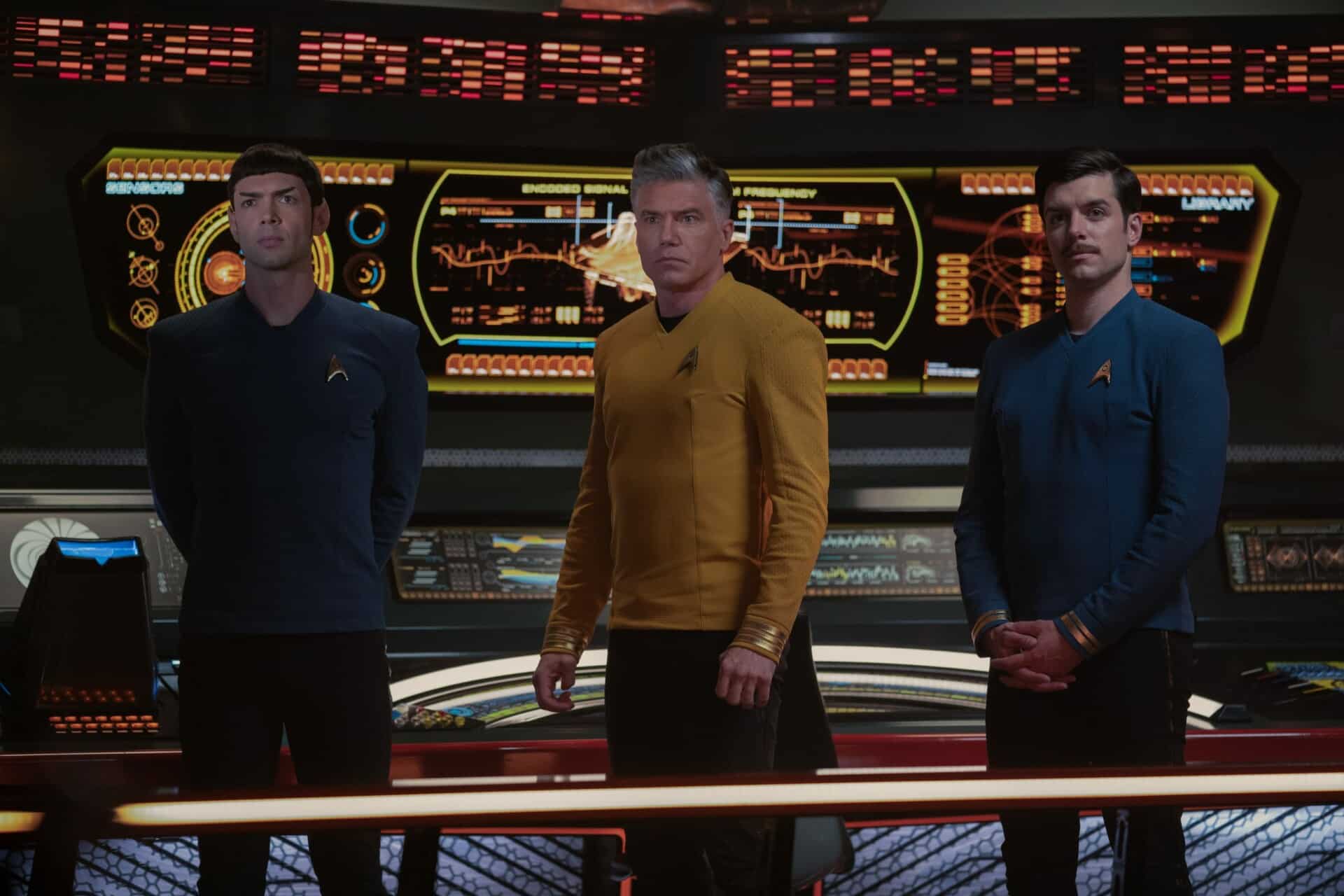
There’s a sense of fatigue and resignation in all this, as if acknowledging that the Star Trek franchise did try to push itself into the future with shows like Discovery, Picard, and Lower Decks, but in the end all that these modern shows can do is remind viewers how much they like the older shows. “You tried for something better,” Kirk states. “Tried and lost,” Pike replies. It is possible to argue that “A Quality of Mercy” is the grimmest episode of Star Trek ever aired, even if it won’t admit it.
Every episode of Strange New Worlds has riffed on a familiar Star Trek template, offering a variation on a type of narrative that audiences have seen before. “A Quality of Mercy” follows that approach to its logical conclusion and just straight-up remakes “Balance of Terror,” right down to music cues and camera movements. It’s a daring move, given that “Memento Mori” was already a riff on the basic submarine thriller suggested by “Balance of Terror.” Not content with a second bite of the apple, “A Quality of Mercy” bakes itself an apple pie.
There is a fairly fundamental problem here. In lines that “A Quality of Mercy” quotes directly from “Balance of Terror,” the Romulan commander (Mark Lenard) specifically evokes the idea of an alternate version of the story. He suggests to Kirk (William Shatner), “In a different reality, I could have called you friend.” The implication is that “Balance of Terror” takes place in an imperfect and broken world, that things did not need to play out the way that they did. There was an alternative.
“A Quality of Mercy” rejects this. In doing so, it seems to completely and fundamentally misunderstand “Balance of Terror.” Strange New Worlds is so blinded by its fetishization of Star Trek that it misses the point. It argues that the grim and downbeat conclusion to “Balance of Terror” was really a happy ending, and that hoping for anything better is foolish. For all that fans celebrate the franchise’s utopian futurism, Strange New Worlds insists that future will never be better than it was in the original series.
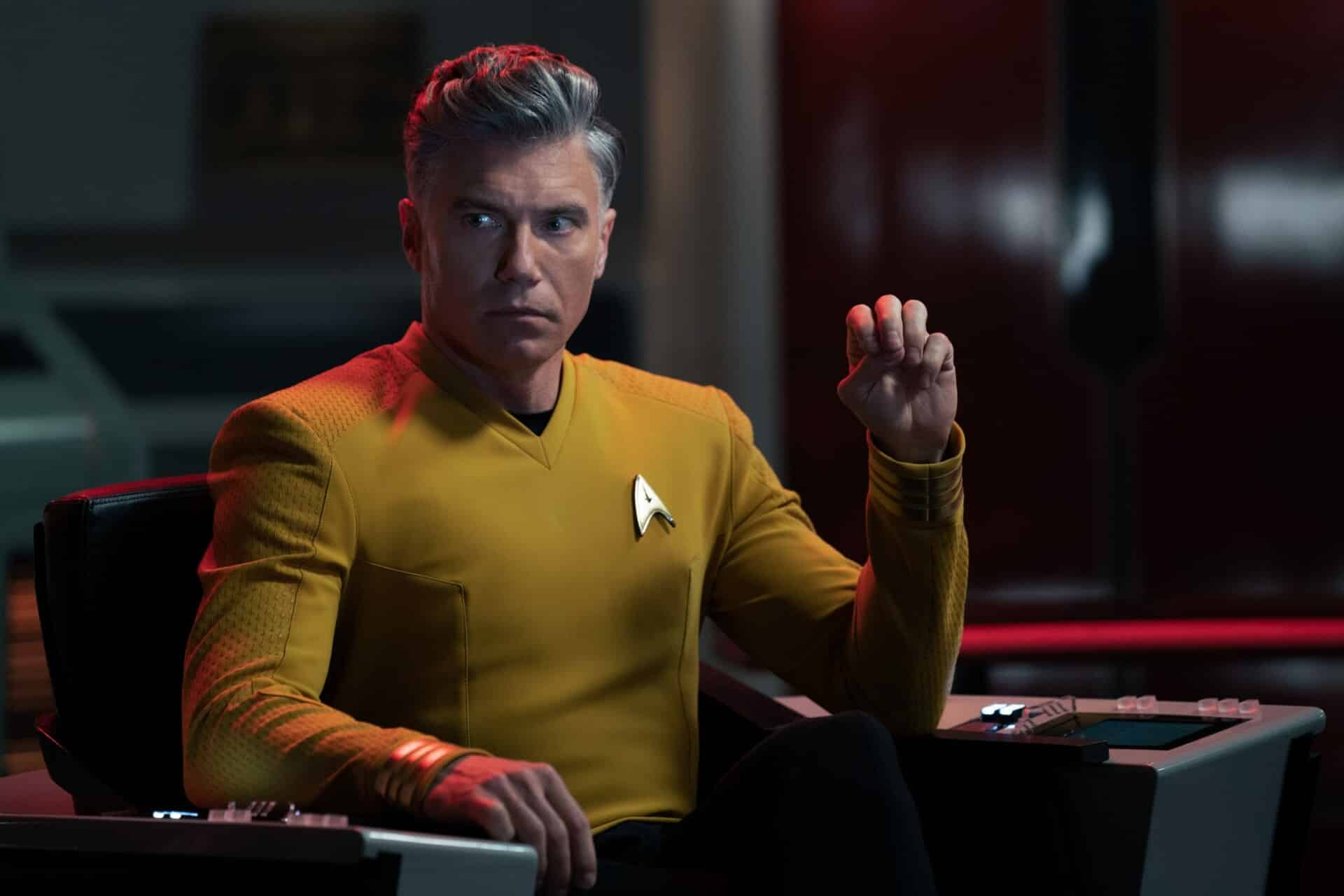
There is, of course, an irony here. Strange New Worlds doesn’t actually remember the past. “A Quality of Mercy” presents Kirk as an arrogant hothead, in keeping with the characterization adopted in the third season of Star Trek and into the movies. “You flinched,” Kirk chastises Pike. “You deliberated and you lost.” He insists, “Caution means you’re not going to put everything you have into the punch.” However, this was not the Kirk who appeared in “Balance of Terror.”
In its first season, Star Trek presented Kirk as more introspective and thoughtful. In “Where No Man Has Gone Before,” Kirk is introduced playing chess and as a nerd who was “a stack of books with legs” in the Academy. In “Shore Leave,” the audience is introduced to Kirk’s old bully, Finnegan (Bruce Mars). However, in its attempts to reduce Star Trek down to a set of iconography to be worshiped and venerated, Strange New Worlds misses that nuance.
There is a deep abiding cynicism to “A Quality of Mercy,” tied to the insistence that “Balance of Terror” must have been the best way that events could have happened simply because it was the way that it happened. As in both “Memento Mori” and “All Those Who Wander” earlier in the season, there’s a strange militarism to “A Quality of Mercy,” a rejection of humanism and optimism. Pike is a fool for trying to avoid battle with the Romulans, for trying to find a peaceful solution.
“We undertook this mission to test the strength of the Federation,” Sub-Commander (Mathieu Bourassa) states. “They showed us they lack it.” It is a sentiment echoed by the Praetor (Carolyn Scott), who notes, “If not for your weakness, we would have never known what easy targets your Federation would be.” This is as militaristic as Star Trek has ever been. Even in their darkest moments, Deep Space Nine and Enterprise argued that humanism could overcome conflict.
Then again, this is Strange New Worlds in a nutshell. No potential future could ever be better than the familiar past. With all that in mind, the only thing left to remark is that it’s a shame that they didn’t cast James Frain as the Romulan commander.

